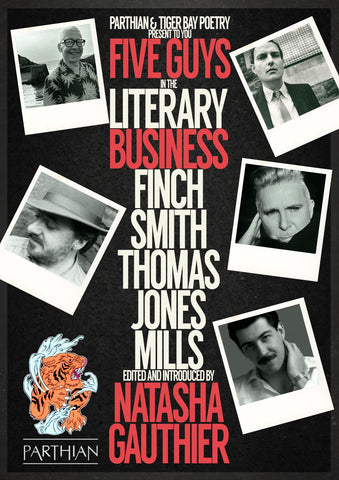Bethan Bates sits down with Swansea poet David Hughes to talk about his new collection Working Out.
To start, can you speak a little about yourself and your writing history?
I’m a bit of a south Wales mongrel, born in the Rhymney Valley but spent the first 7 years in Breconshire, moved to Mumbles at 7 and lived in and around Swansea for most of my life. Except for working in London and Birmingham. I initially began a career as a teacher but I went into social work - which was what I really wanted to do - for around 30 years, specialising in mental health. In terms of writing, my father was very fond of poetry and I wrote a bit in school and college. Then I stopped completely in about 1971 and still loved poetry and read a lot. I went on a workshop in 1984/85 with Nigel Jenkins and it was like someone finding the key to a lock and I have been writing one way or another ever since. I mainly write poetry but I have also written monologues and one or two short stories.
For Working Out, how long have you been working on this anthology?
There are poems in there that have their origins 20 years or more ago. I didn’t know I was going to have a collection of poems out back then so I was just writing. A year or so before he died Nigel said that I must have enough poems for another collection - at the time I had a collection out called Tidy Boy (1998). This has made it quite a disparate collection of poems. I didn’t work towards a specific collection.
Do you have a favourite poem in the book?
I heard Adrian Mitchell speak once who said we mustn't have favourite poems as the others will get jealous. But I am particularly pleased with 'Sestina For Aidan' and the poem on my grandfather, the last in the book ('Cultivation') and the first one, 'Working Out'.
My favourite poem is 'First Language' as I am from a Welsh family but I grew up in England. How have you connected your Welsh identity with the language barrier?
My mother was a first-language Welsh speaker and my father was not. He learnt Welsh in school and so the language of the home was English. But my grandfather lived with us so there was Welsh spoken but it was the language my mother and my grandfather spoke to each other. We lived in a very Anglicised area of Mumbles so the only Welsh was between them and there was none in the community. As I have grown older I have felt more and more regretful about my failure to learn the language - my understanding isn’t too bad but my confidence is lacking. The poem is about the first language of Wales but it is not my first language. My wife, who speaks Welsh, and I chose to send our children to Welsh language schools.
The book is split into a number of sections, each beginning with Dai The Dog. Can you speak about this structure and the character?
In fairness all credit for the order of the poems must go to Alan Kellerman who edited the collection. There are some clear themes but I didn’t know how to set it out. I had thought of clumping them altogether but I am glad that didn’t happen. Dai The Dog was a character from the old days of Rugby when I contributed to a satirical rugby magazine called Scrumbag where Dai appeared as the only intelligent member of the Big Five where no-one listened to him and kicked him aside. Little rhymes came to me about the political situation and the Welsh language. He’s a little out of control.
In the future what have you got your eye on? What do you want to do?
At the moment I am working on a drama piece using my writing on Swansea, both prose and poetry. I think I would like to explore more about my Welsh identity and Welshness and develop what I have been doing. I am interested in lots of things so it depends on what takes my fancy. I write a lot about Swansea, not just the dialect. Where we are in Cwmdonkin there is a green corridor that stretches from Townhill estates through a disused quarry, and you end up with magnificent views of the bay and Swansea valley. I would quite like to write a sequence of poems about the green corridor.
David Hughes gives a special thank you to his editor Alan Kellerman and the cover designer Emily Courdelle.
Working Out will be released in June this year, and is available to order here.



